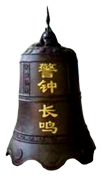|

海內外南开各届校友信息交流網站
|
|
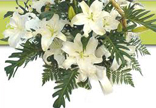    
讣告
我们班的第一任班长、公安部调干生、我们的好朋友刘焕群同志已于2024年12月26日不幸去世,享年88歲。焕群积极向上和永远乐观的工作生活精神风貌将永远活在我们的心中!焕群安息! (高東山原發於65屆英專微信群)
刘焕群,河北 石家庄人。南開大學原外文系英專1960級的第一任班长。 班里的调干生之一。毕业后分配到北京二机部,曾參與重要資料翻譯工作。后调任到位于石家庄的河北师范大学任教授, 系主任;河北省政府译审专家,2010 年被中国译协授予资深翻译家称号。
劉煥群生前照片
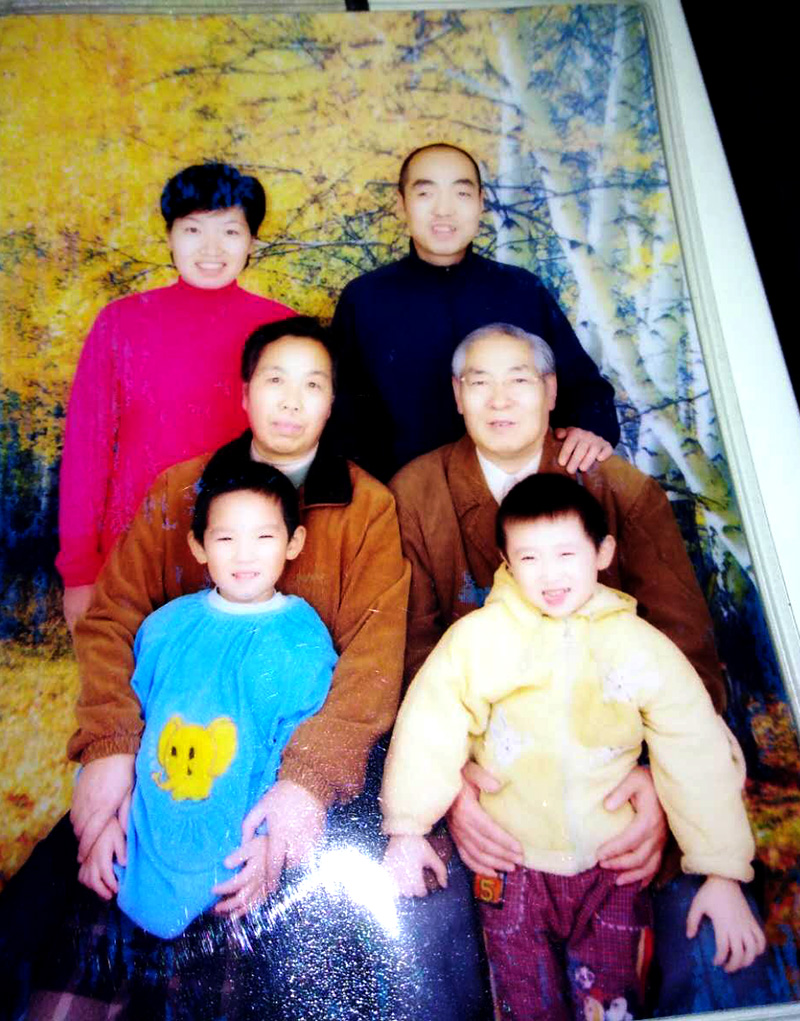
刘焕群(二排右一)全家福

刘焕群老家的亲戚(煥群提供照片2020年)
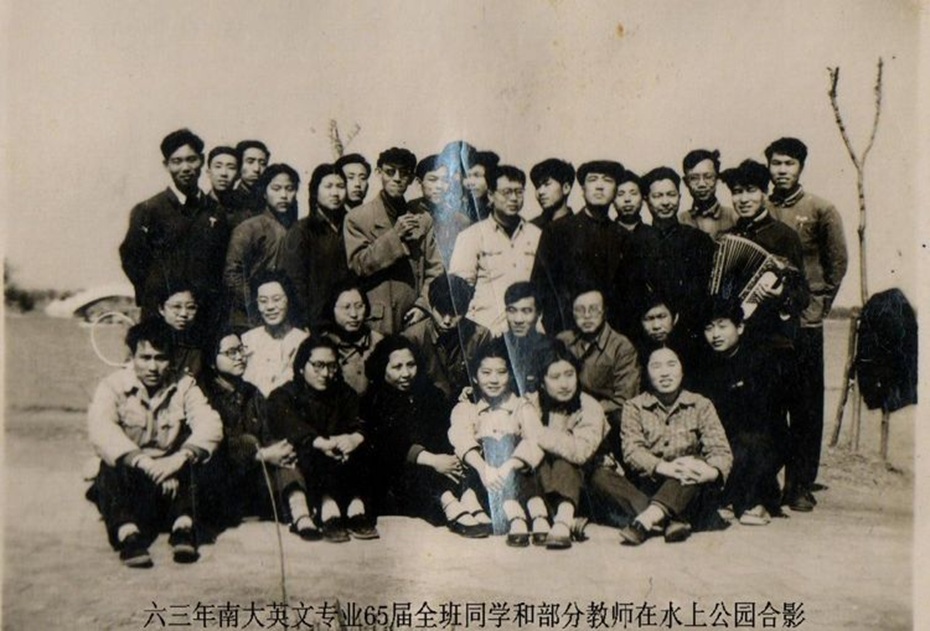 三排右一劉煥群持手風琴 三排右一劉煥群持手風琴
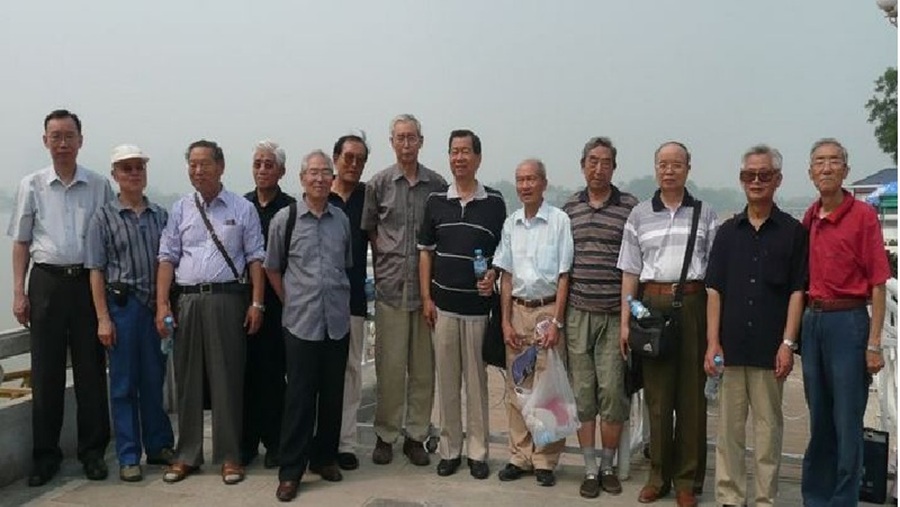
紀念英專1960級入學50週年男同學合影,前排左四劉煥群,2010年天津水上公園

高东山、祝宝银于2019年10月20日在石家庄看望了刘焕群老同学。
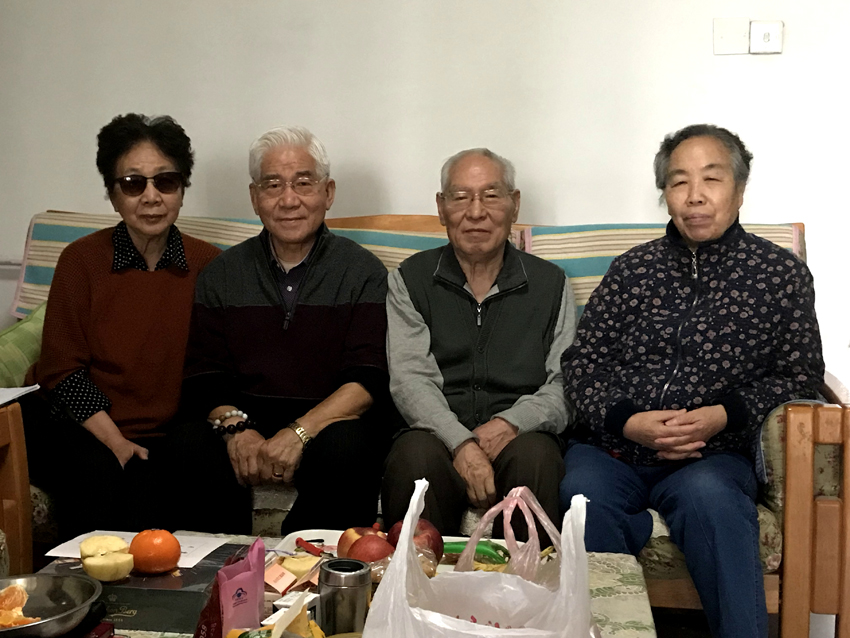
高东山、祝宝银在石家庄看望了刘焕群老同学和他夫人,2019年10月20日。
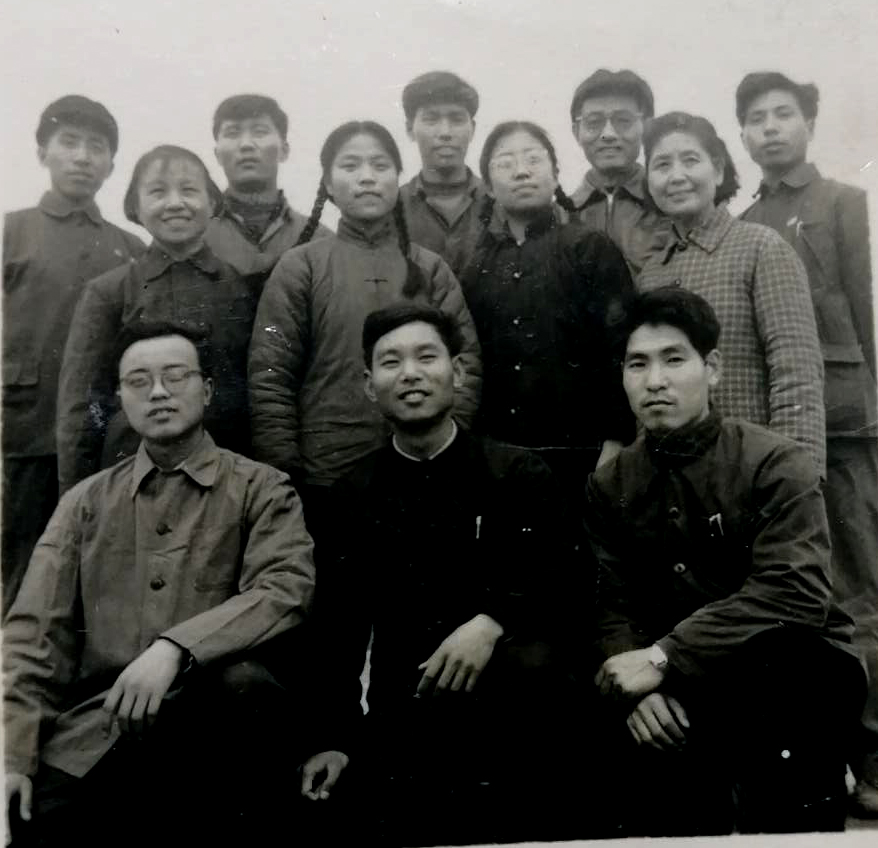
前排左起张连泰、吴则田、刘焕群;二排左起吕玉池团总支书记、王蕴茹、张培华、殷辉老师;三排左起宮自强、朱文俊、刘士聪、金隄老师、佟学龄。
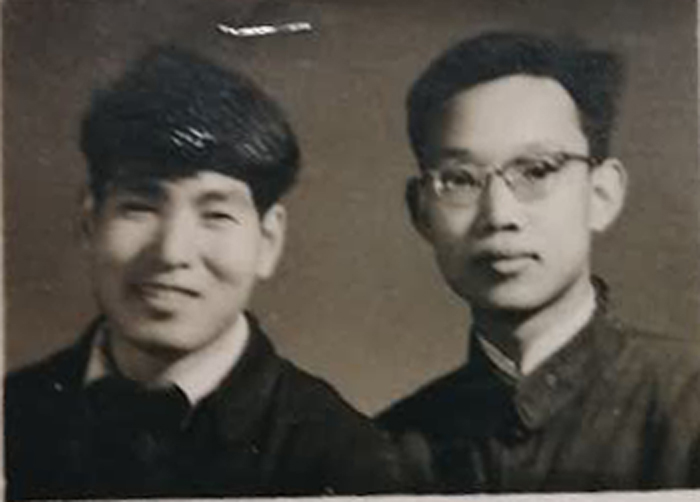
左起刘焕群、李明德, 1965年
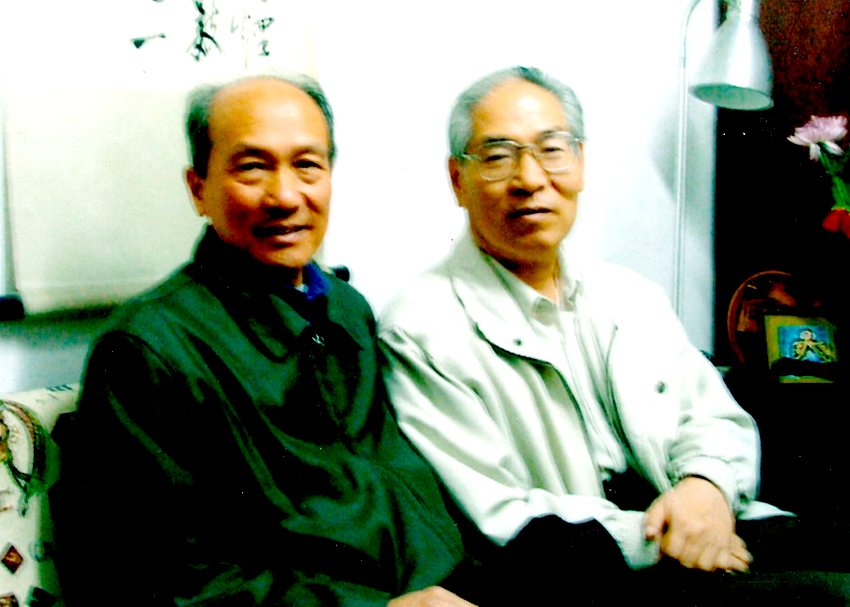
右起刘焕群、徐基荣
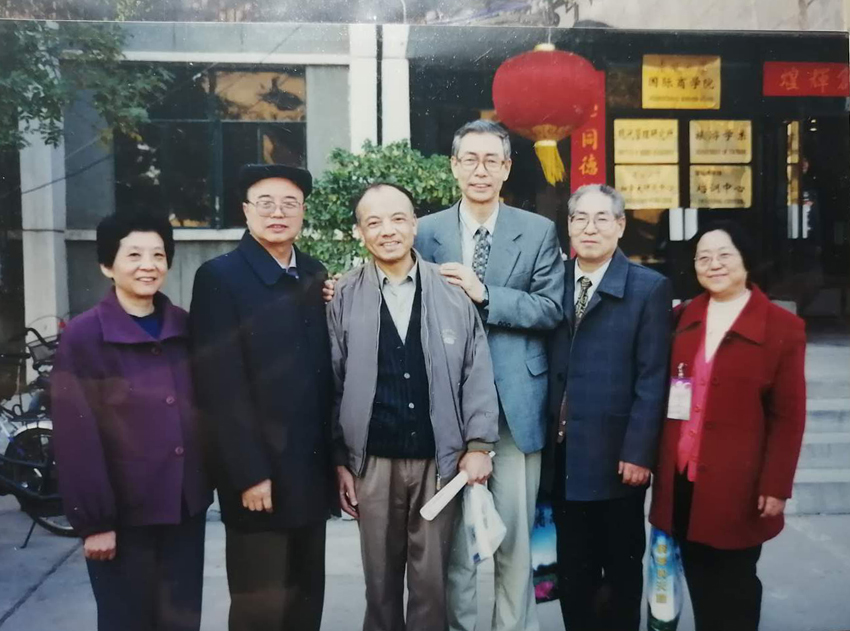
右起谷启楠、张连泰、徐齐平老师、刘士聪、刘焕群、贺新(曼丽) 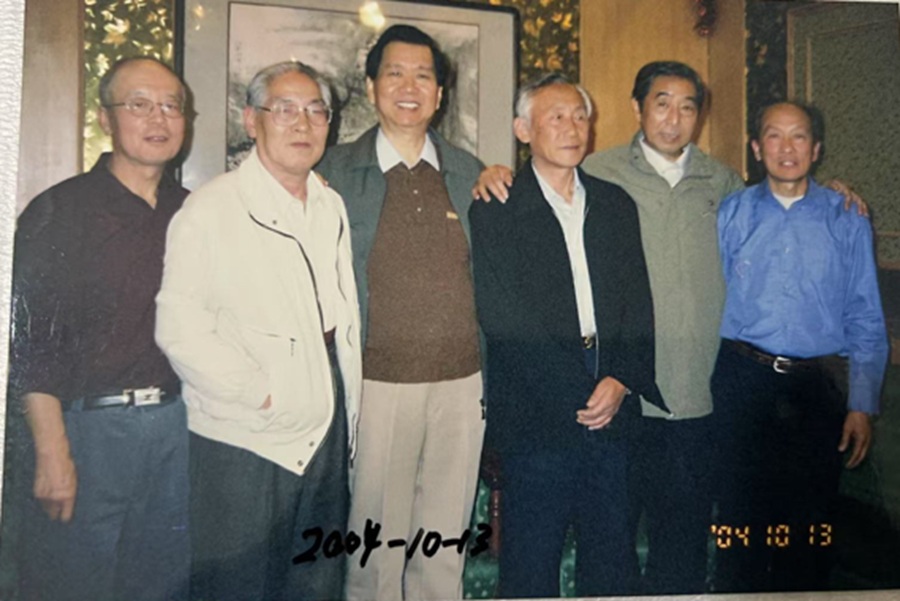
左起李廣然、劉煥群、常耀信、趙興、宮自強、徐基榮
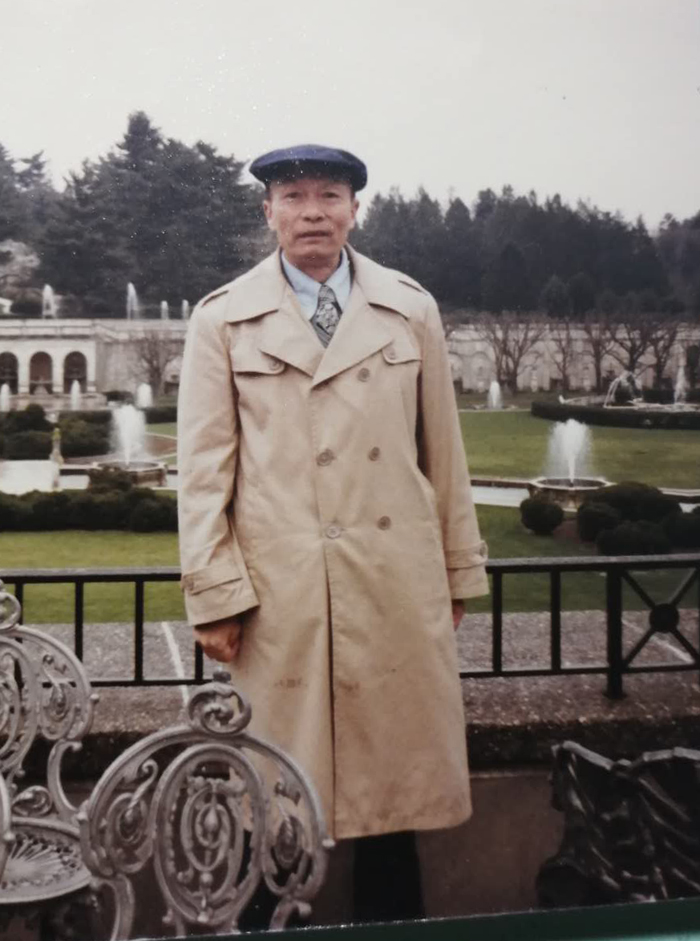
煥群的朋友四川师范大学进修教师张全聪曾在南开大学外文系参加1960级班学习。(刘焕群提供照片)
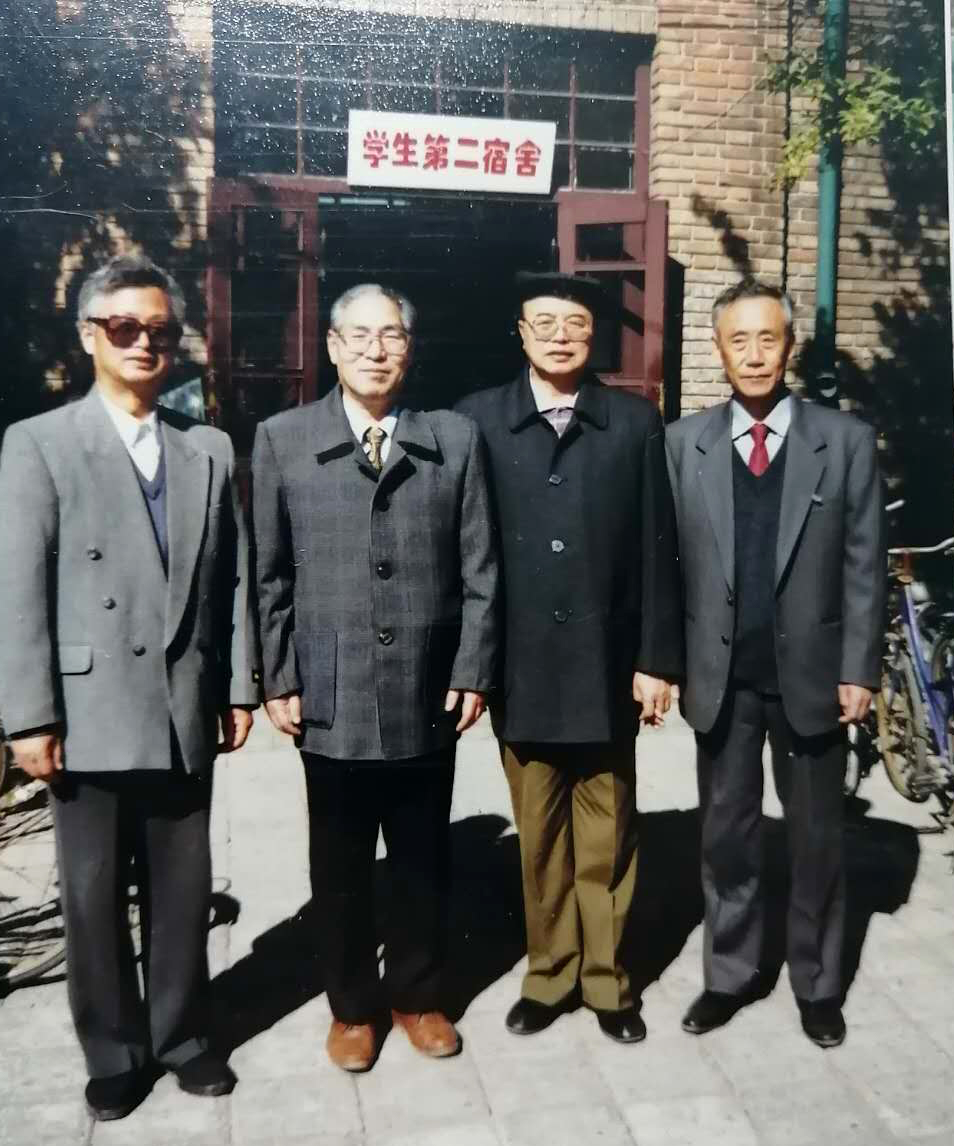 左起杨俊起、刘焕群、张连泰、赵兴 于1999年校庆 左起杨俊起、刘焕群、张连泰、赵兴 于1999年校庆
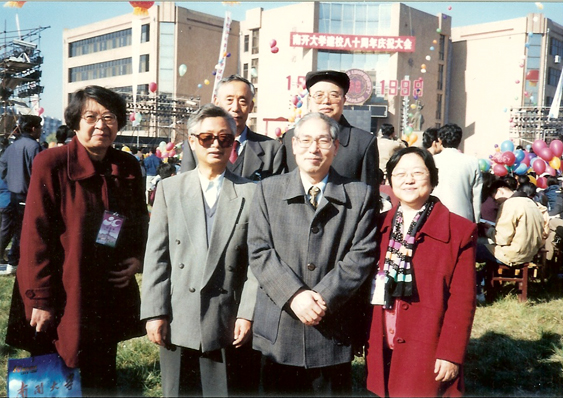
前排孫毅兵、楊俊起、刘焕群、賀新;後排左起趙興、張連泰 1999,天津
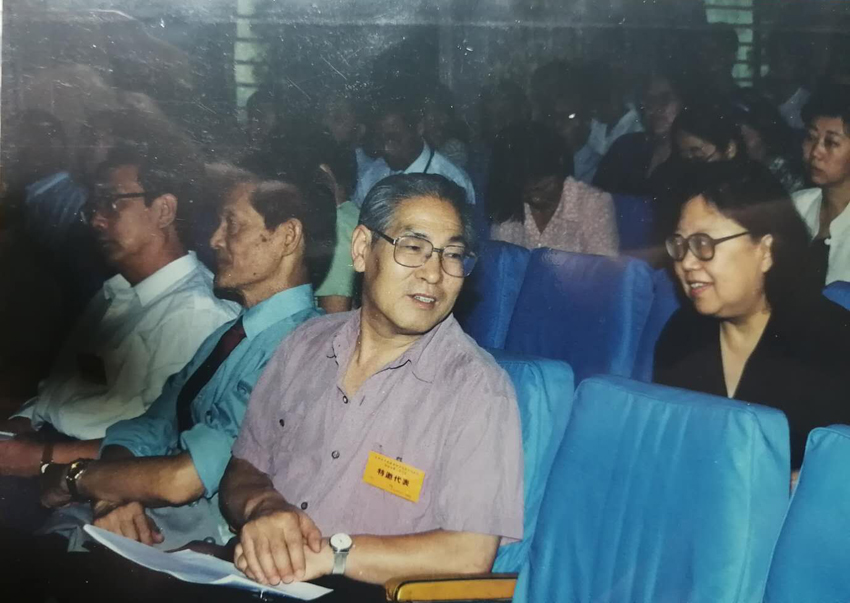
在一次学术会议上,刘焕群与后排的我們班老同學张培华交谈。
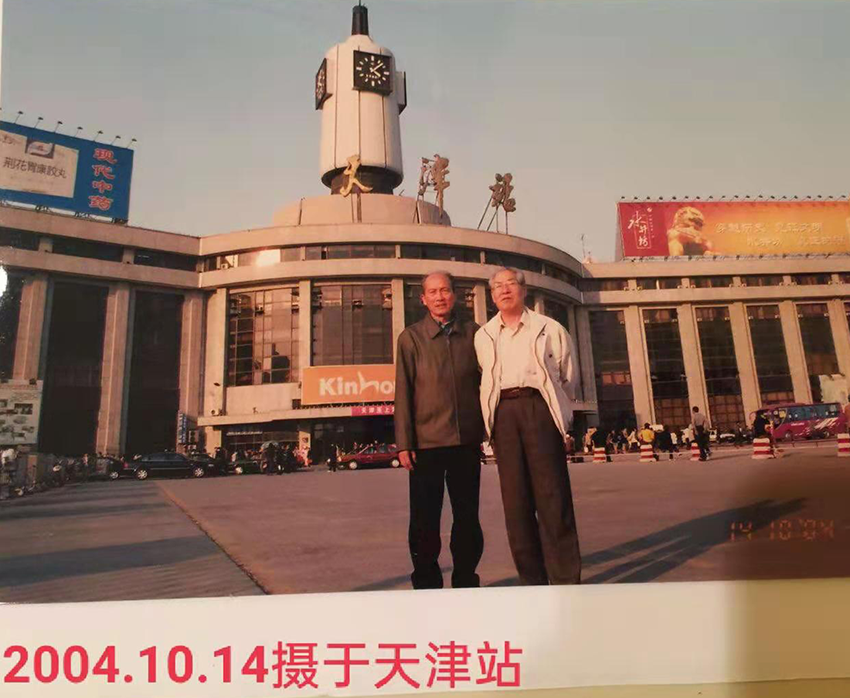
右起劉煥群、徐基榮
 幸福不忘毛主席(作者劉煥群 2021年) 幸福不忘毛主席(作者劉煥群 2021年)
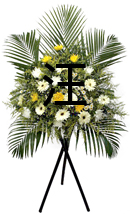 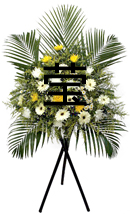 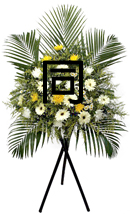 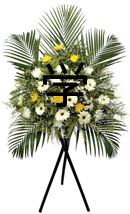 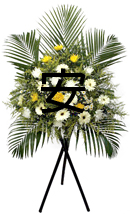 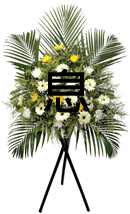 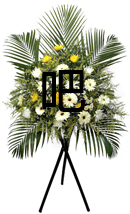
        
|
English Poet Mary Wroth (1587–1651) |
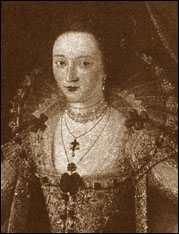
Lady Mary Wroth
(This work of art is in the public domain.)
Lady Mary Wroth (1587–1651) was an English poet of the Renaissance. A member of a distinguished literary English family, Wroth was among the first female British writers to have achieved an enduring reputation. She is perhaps best known for having written The Countesse of Mountgomeries Urania, the first extant prose romance by an English woman, and for Pamphilia to Amphilanthus, the first known sonnet sequence by an English woman.
Mary Wroth was born on 18 October 1587 to Barbara Gamage (1563-1626) and Robert Sidney (1559-1621). Wroth's mother Barbara was a wealthy Welsh heiress and first cousin to Sir Walter Ralegh. Her father Robert was first earl of Leicester and Viscount Lisle of Penshurst, a poet and governor of Flushing, Netherlands. Mary Wroth was niece to Mary Sidney, Countess of Pembroke and one of the most distinguished women writers and patrons of the 16th century; and Sir Philip Sidney a famous Elizabethan poet-courtier. Because her father, Robert Sidney, was governor of Flushing, Wroth spent much of her childhood at the home of Mary Sidney, and Penshurst, Baynard’s Castle in London. Penshurt was one of the great country houses in the Elizabethan and Jacobean period. It was a center of literary and cultural activity and it's gracious hospitality is praised in Ben Jonson's famous poem To Penshurst. During a time when most women were illiterate, Wroth had the privilege of a formal education, which was obtained from household tutors under the guidance of her mother. As a young woman, Lady Mary belonged to Queen Anne’s intimate circle of friends and actively participated in masques and entertainments.
|
Adieu sweet Sun
(from Urania)
by Lady Mary Wroth
Adieu sweet Sun
Thy night is neare
Which must appeare
Like mine, whose light but new begun
Weares as if spun
By chance not right,
Led by a light
False, and pleasing, ever wun.
Come once in view
Sweet heat, and light
My heavy s'prit
Dull'd in thy setting, made anew
If you renew,
Daysies doe grow,
And spring below
Blest with thy warm'th, so once I grew.
Wilt thou returne,
Deare blesse mine eyes
Where loves zeale lyes
Let thy deere object mildly burne
Nor flie, but turne
'Tis season now
Each happy bow
Both buds and blooms, why should I mourne? |
Unseen, Unknown
(from Urania)
by Lady Mary Wroth
Unseen, unknown, I here alone complain
To rocks, to hills, to meadows, and to springs,
Which can no help return to ease my pain,
But back my sorrows the sad Echo brings.
Thus still increasing are my woes to me,
Doubly resounded by that moanful voice,
Which seems to second me in misery,
And answer gives like friend of mine own choice.
Thus only she doth my companion prove,
The others silently do offer ease.
But those that grieve, a grieving note do love;
Pleasures to dying eyes bring but disease:
And such am I, who daily ending live,
Wailing a state which can no comfort give. |
Here All Alone In Silence
(from Urania)
by Lady Mary Wroth
Here all alone in silence might I mourne:
But how can silence be where sorrowes flow?
Sighs with complaints have poorer paines out-worne;
But broken hearts can only true griefe show.
Drops of my dearest bloud shall let Love know
Such teares for her I shed, yet still do burne,
As no spring can quench least part of my woe,
Till this live earth, againe to earth doe turne.
Hatefull all thought of comfort is to me,
Despised day, let me still night possesse;
Let me all torments feele in their excesse,
And but this light allow my state to see.
Which still doth wast, and wasting as this light,
Are my sad dayes unto eternall night. |
Song 1. The Spring now come at last
(From Pamphilia to Amphilanthus)
The Spring now come at last
To Trees, Fields, to Flowres,
And Meadowes makes to taste
His pride, while sad showres
Which from mine eyes doe flow
Makes knowne with cruell paines,
Cold Winter yet remaines,
No signe of Springe wee knowe.
The Sunne which to the Earth
Gives heate, light, and pleasure,
Joyes in Spring hateth Dearth,
Plenty makes his Treasure.
His heate to me is colde,
His light all darknesse is,
Since I am barrd of blisse,
I heate nor light behold.
A Shepherdesse thus said,
Who was with griefe opprest,
For truest Love betrayd,
Barrd her from quiet rest:
And weeping thus, said shee,
My end approacheth neere,
Now Willow must I weare,
My Fortune so will bee.
With Branches of this tree
Ile dresse my haplesse head,
Which shall my witnesse bee,
My hopes in Love are dead:
My cloathes imbroder'd all,
Shall be with Garlands round,
Some scatter'd, others bound;
Some tyde, some like to fall.
The Barke my Booke shall bee,
Where dayly I will write,
This tale of haples mee,
True slave to Fortunes spite.
The roote shall be my bedd,
Where nightly I will lye
Wailing inconstancy,
Since all true love is dead.
And these Lines I will leave,
If some such Lover come,
Who may them right conceive,
and place them on my Tombe:
She who still constant lov'd
Now dead with cruell care,
Kill'd with unkind Dispaire,
And change, her end heere prov'd. |
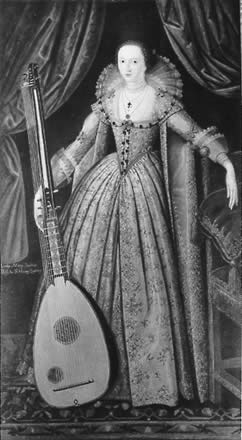
(This work of art is in the public domain
 
|
    
|
